General and statesman Francisco Franco ruled Spain for 36 years while wielding absolute power. He was born Dec. 4, 1892 in El Ferrol in northwest Spain. He entered military academy at 14, graduating five years later and beginning his military career in the Spanish army. He was first stationed with troops garrisoned in Morocco. At 33, Franco became the youngest general in Europe. Between the end of the 1920s and the early 30s, Spain suffered political instability.
In 1931, elections ended the monarchy and ushered in the Republican era. But a series of short-lived governments were unable to give the country a sense of direction or repair a crisis- stricken economy. Spain was buffeted by increasingly intense social tension and in 1934 Franco was upon called to put down a rebellion in the province of Asturias. The 1936 brought the Popular Front and its array of leftist parties to power. Franco, an avowed nationalist and anticommunist, mutinied. Miffed by politicians, Franco was convinced only military rule could restore stability.
He assumed the title generalissimo, and on July 18, 1936 staged a coup to depose standing political authorities. The Popular Front fought back, beginning the Spanish Civil War. After three years of bitter warfare, Franco’s armies seized control of the nation, thanks in part to assistance from Nazi Germany and Fascist Italy. Now the acknowledged leader of Spain, Franco created a military dictatorship. He dissolved parities, eliminated opposition and took full control of every aspect of national government. His actions provoked global criticism with some nations cutting off commercial ties. This plunged Spain into deeper poverty.
In an effort to break out the isolation, Franco met U.S. President Dwight Eisenhower in 1953. In exchange for economic assistance, Franco agreed to allow U.S. military bases on Spanish soil. The same year, Franco opened diplomatic ties Vatican. The relationship flourished. This alliance-building laid the groundwork for Franco’s return to grace among Western leaders. Improved relations also helped Spanish commerce. By the late 1950s, Spain was among the world leaders in economic growth.
Franco died in Madrid on Nov. 19, 1975 at the age of 83. According to his wishes, he was succeeded by Juan Carlos of Bourbon, the legitimate heir to Spain’s throne. Franco was buried in Valle de Los Caidos, a vast monument in honor of Spain’s Civil War dead. He is remembered as a despotic statesman who helped restore Spain’s political stability.
In 1931, elections ended the monarchy and ushered in the Republican era. But a series of short-lived governments were unable to give the country a sense of direction or repair a crisis- stricken economy. Spain was buffeted by increasingly intense social tension and in 1934 Franco was upon called to put down a rebellion in the province of Asturias. The 1936 brought the Popular Front and its array of leftist parties to power. Franco, an avowed nationalist and anticommunist, mutinied. Miffed by politicians, Franco was convinced only military rule could restore stability.
He assumed the title generalissimo, and on July 18, 1936 staged a coup to depose standing political authorities. The Popular Front fought back, beginning the Spanish Civil War. After three years of bitter warfare, Franco’s armies seized control of the nation, thanks in part to assistance from Nazi Germany and Fascist Italy. Now the acknowledged leader of Spain, Franco created a military dictatorship. He dissolved parities, eliminated opposition and took full control of every aspect of national government. His actions provoked global criticism with some nations cutting off commercial ties. This plunged Spain into deeper poverty.
In an effort to break out the isolation, Franco met U.S. President Dwight Eisenhower in 1953. In exchange for economic assistance, Franco agreed to allow U.S. military bases on Spanish soil. The same year, Franco opened diplomatic ties Vatican. The relationship flourished. This alliance-building laid the groundwork for Franco’s return to grace among Western leaders. Improved relations also helped Spanish commerce. By the late 1950s, Spain was among the world leaders in economic growth.
Franco died in Madrid on Nov. 19, 1975 at the age of 83. According to his wishes, he was succeeded by Juan Carlos of Bourbon, the legitimate heir to Spain’s throne. Franco was buried in Valle de Los Caidos, a vast monument in honor of Spain’s Civil War dead. He is remembered as a despotic statesman who helped restore Spain’s political stability.
RELATED
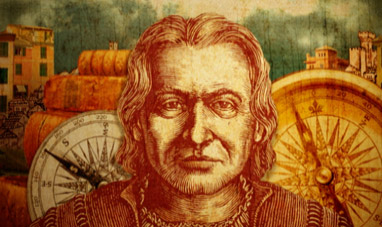

COLUMBUS, CHRISTOPHER
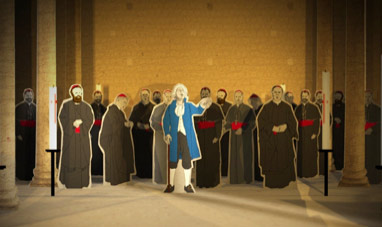

TALLEYRAND
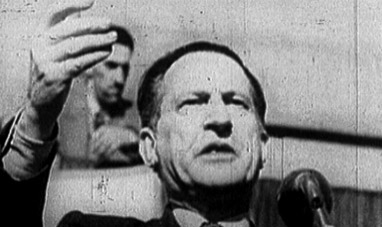

ALCIDE DE GASPERI
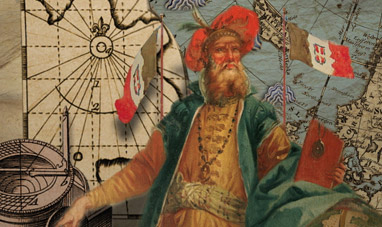

JOHN CABOT
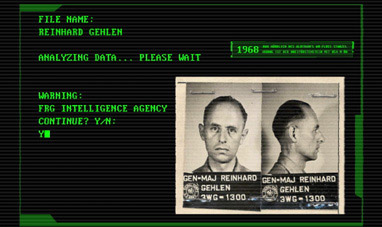

REINHARD GEHLEN
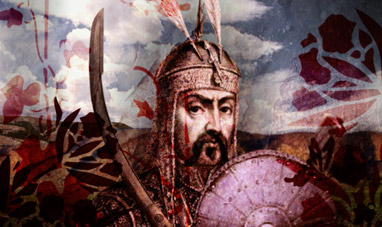

GENGHIS KHAN
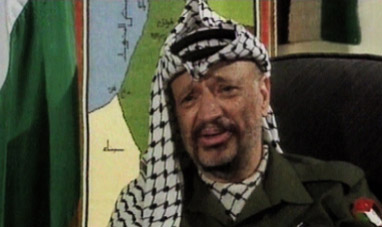

YASSER ARAFAT


DENG XIAOPING
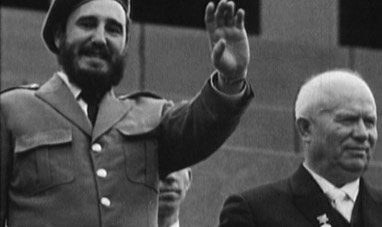

FIDEL CASTRO
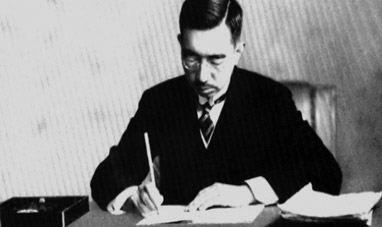

EMPEROR HIROHITO
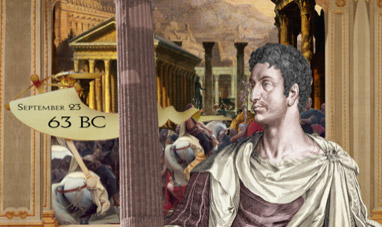

AUGUSTUS
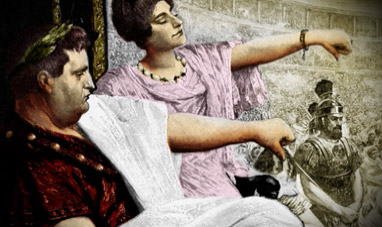

NERO
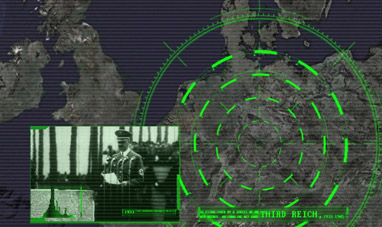

RICHARD SORGE
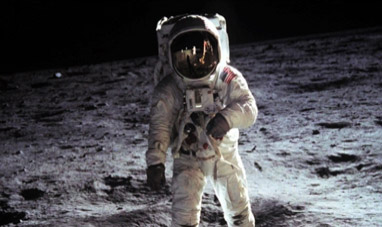

NEIL ARMSTRONG
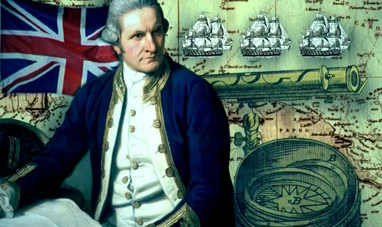

JAMES COOK
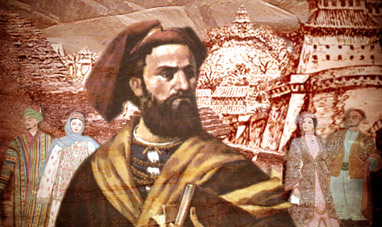

MARCO POLO
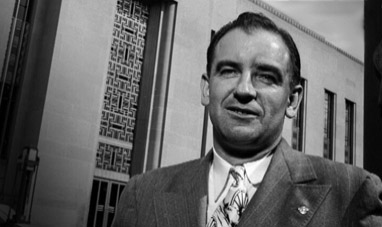

JOSEPH MCCARTHY
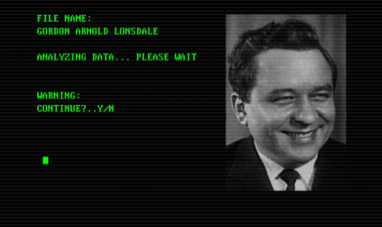

GORDON ARNOLD LONSDALE
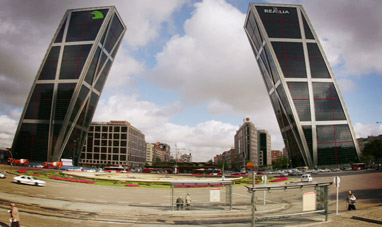

MADRID
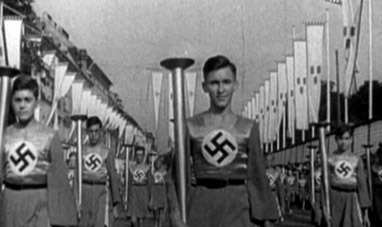

THE ADVENT OF NAZISM
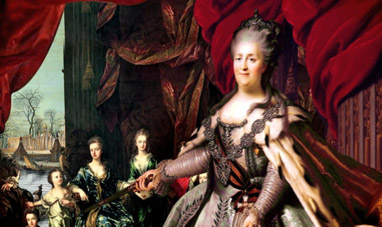

CATHERINE THE GREAT
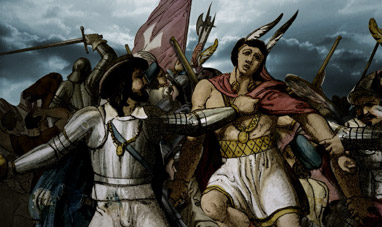

FRANCISCO PIZARRO
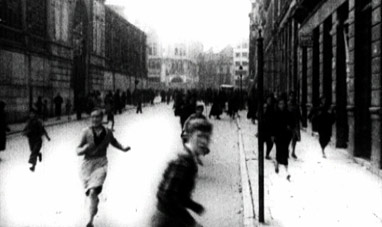

THE SPANISH CIVIL WAR
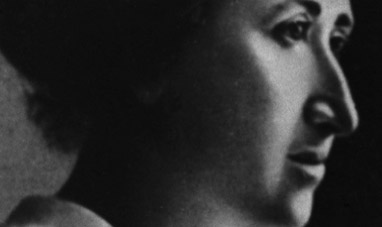

ROSA LUXEMBURG
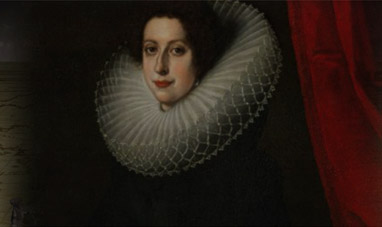

CATHERINE DE MEDICI
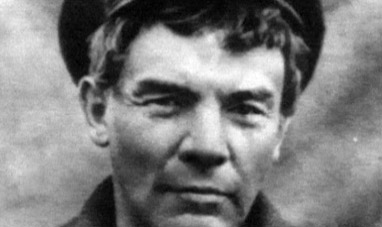

VLADIMIR LENIN
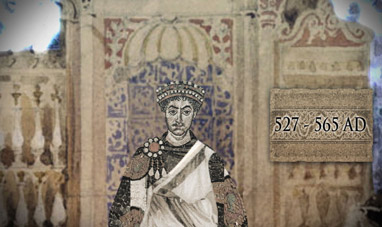

JUSTINIAN I
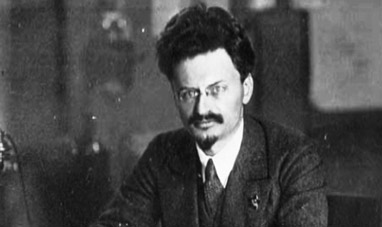

TROTSKY
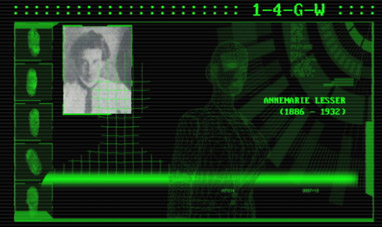

FRÄULEIN DOKTOR
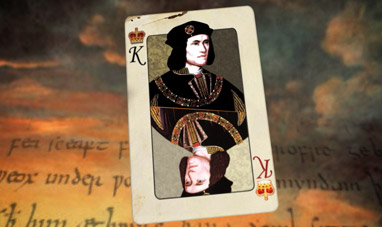

RICHARD III
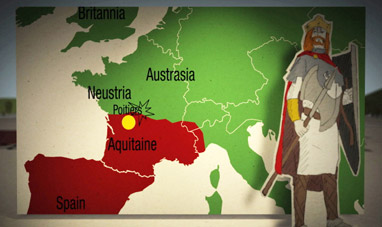

CHARLES MARTEL
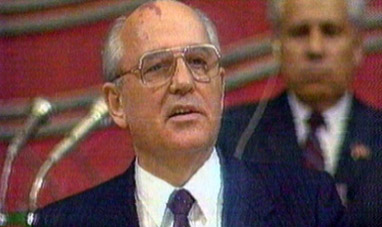

MIKHAIL GORBACHEV
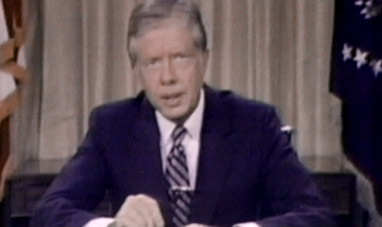

JIMMY CARTER
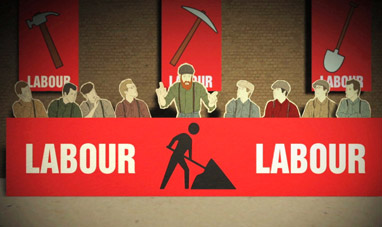

JAMES KEIR HARDIE
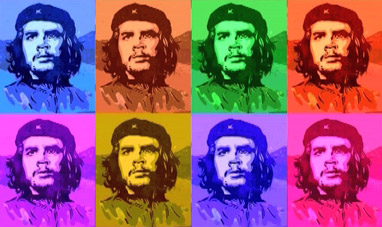

CHE GUEVARA
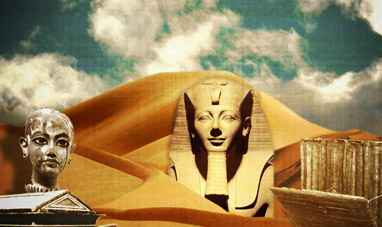

TUTANKHAMEN
